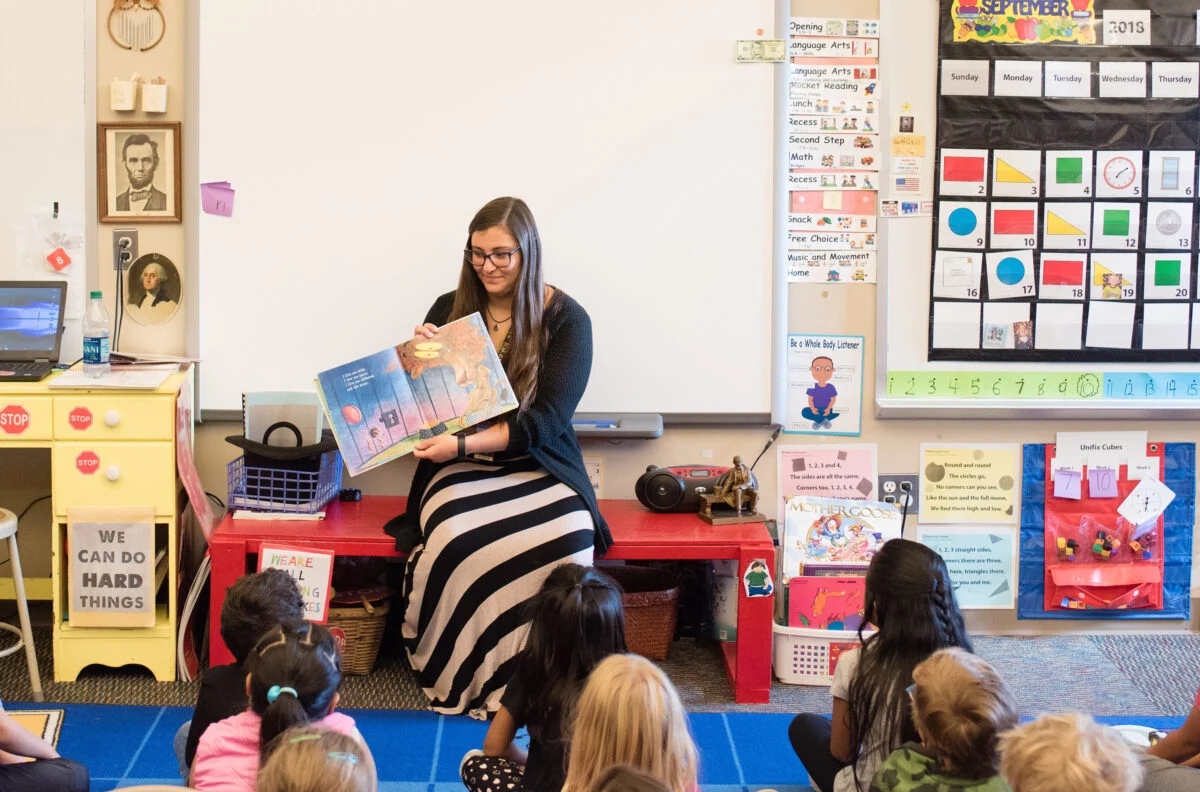Make the seamless transition from student to teacher.
The Elementary Education major will prepare you to teach in a standards-based classroom and in diverse educational settings. In the program, you’ll learn professional research techniques and apply best teaching practices like collaboration and relationship-building—all of which will prepare you to enter the classroom work-ready.
For the first three years, you’ll take courses to master the content that you’ll need to become an excellent teacher. After completing these courses, you can apply for the year-long clinical residency that is completed during your senior year in an elementary classroom anywhere in the world. To prepare for your residency, you’ll have the opportunity to attend a summer session and complete your education-specific coursework online, while student teaching. Students graduate with a degree in Elementary Education and a license to teach elementary education from the Colorado Department of Education.
Western’s Education Department works tirelessly to be at the forefront of the field of teacher education and to meet statewide needs for educators at all levels. Our elementary education program was the first university program in the state of Colorado to be approved as meeting the requirements of the READ Act, and our elementary education graduates are highly qualified to teach reading. In 2022, we partnered with Western’s Adult Degree Completion program to offer a licensure pathway for paraprofessionals who want to finish their undergraduate degrees and earn teaching licenses at the same time.
Enhance your own education and earn professional credit at Western’s Summer Teacher Institute.



